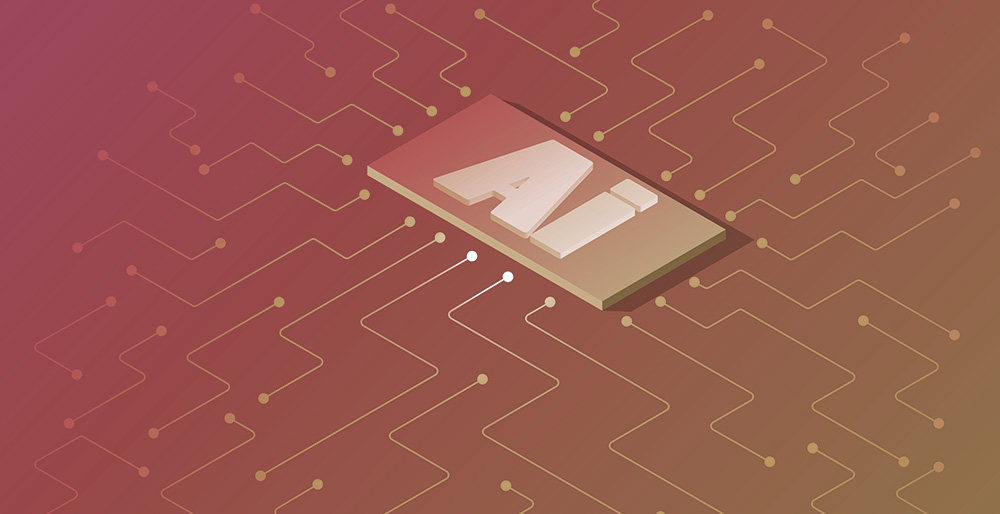
IMPORTANCE
Budget Management is the process in place to forecast the required amount to cover operational costs, and prepare for future contingencies. A sound budget system will guarantee the continuous financial stability of a company.
Ideal Process to manage a budget effectively:
- Track and include all Current & Known costs
Consider including in the budget potential costs that may be incurred and assign a probability mechanism if necessary - Develop a process to budget future costs that are unknown
- The more adept decision-makers make it a standard develop to link their marketing goals with their overall budget. This process guarantees that the company will always meet its financial obligations.
SOLUTION
A company’s Budget Management should cover virtually every potential cost outlined in three categories:
- Common Costs (CCs): They include the costs an organization will incur regardless of volume or future market changes. These costs are certain. Generally, they include overhead costs such as the lease/mortgage, building maintenance, utilities, signed contracts, insurance, office salaries, taxes, etc. They are automatically transferred from the previous period.
- Potential Costs (PCs): They are those costs an organization projects to incur if some situations were to evolve. Essentially, budgeting for PCs is like formulating a backup or contingency plan. Think about it like being a responsible homeowner that sets money aside each year for inevitable repair and maintenance expenditures that he might encounter over the years; like replacing a roof, a hot water heater, or an air conditioning unit. All can be major expenditures, but can also be quite bearable if taken into account before the emergency arose. For this part of the budgeting, Prime Dash enables the decision-maker to assign a probability of occurrence to those potential costs.
- Unknown Costs (UCs): They include unexpected costs that will befall on an organization in a given year. These extraordinary costs usually include nature’s fury such as earthquakes, hurricanes, floods, tornadoes, etc. They may also consist of unexpected contingencies such as lawsuits, riots, vandalisms, etc. For this part of the budgeting system, Prime Dash allows the decision-maker to assign a percentage from the combined value of the Common Costs and Potential Costs.
RESULT
- The assurance that the organization will be able to meet every
- The assurance that the organization will be able to cover future contingencies as they arise
Other articles

THE ART BEHIND A CYCLICAL INVENTORY SYSTEM
Cost Benefit Analysis should be the driving force when speculating. There are many different methods available to manage inventory. The most effective will always involve attention to detail, offer a precise accounting of the volume at any given point in time, and...

Break the Crystal Ball: Consult the Business Intelligence Software
Have you ever gone to a psychic or a gipsy with a magic crystal globe to see your future? No? But you must have seen it on TV or in cartoons at some point in your life, so you know how the story goes. The globe reveals the future and provides a guide on what’s to come...

HOW TO DEPARTMENTALIZE FINANCIAL STATEMENTS?
With smart break-downs, everyone’s job is easier. Insight: Many organizations struggle to gather and process their financial information because they utilize only one system to process every transaction. The following flawed system represents for example, the usual...

DEVELOP EFFICIENT QUALITY CONTROL STANDARDS
Quality Control Standards (QCS) ensure excellence in the delivery of products/services. With strong QCS, a company will remain competitive and grow its consumer base, and therefore develop a strong brand. The reason why many companies do not favor a complete...

Big Data
Big data is still data, but it is large or massive. It is a collection of data that is complex, massive in size and continues to increase with time. It is challenging to process big data if a person or institution uses traditional methods. Due to its size and...

Artificial Intelligence
Artificial intelligence, is machine intelligence. Unlike that of animals or humans, Artificial intelligence is anchored on human innovation, creativity, the invention as well as knowledge. These machines are programmed to think and process data like humans. These...